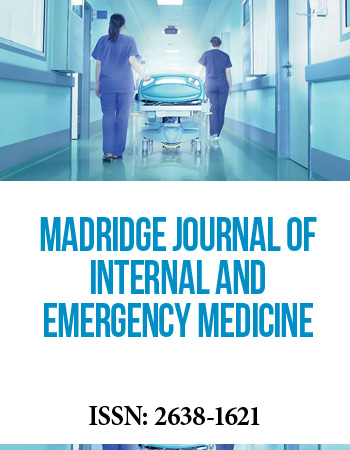International Translational and Regenerative Medicine Conference
April 25-27, 2018 | Rome, Italy
Respiratory Support of the Failing Lung: From Respiratory Dialysis to Wearable Artificial Lungs
The McGowan Institute of Regenerative Medicine, University of Pittsburgh, USA
Extracorporeal CO2 removal represents an effective treatment strategy for patients with acute and acute-on-chronic respiratory insufficiency. The technology holds the most promise as a means of avoiding intubation and mechanical ventilation in patients with an acute exacerbation of Chronic Obstructive Pulmonary Disease (COPD), and as a means of allowing for lung protective ventilation in patients with Acute Respiratory Distress Syndrome (ARDS). Unlike oxygen supply, carbon dioxide can be removed at therapeutic levels from blood at relatively low extracorporeal blood flowrates, similar to those used in acute hemodialysis. To do so effectively, a novel integrated artificial lung and blood pump system called the Hemolung® Respiratory Assist System (RAS) has recently been developed and commercialized. The talk will describe the early design and development work leading to the Hemolung RAS, and features which distinguish it from other systems focused on CO2 removal. Key results from recent animal and human clinical trials of the Hemolung RAS will be presented, along with current work on novel enzymatic coatings and other approaches being developed in the laboratory for next generation respiratory dialysis systems. For patients requiring oxygenation in addition to CO2 removal, the Medical Devices Laboratory at the University of Pittsburghʼs McGowan Institute of Regenerative Medicine is developing wearable artificial lungs for adults and children as a bridge to lung transplant or lung recovery. Bench and animal studies of these technologies will be presented along with the vision on how the next generation of wearable artificial lungs will evolve to provide both low blood flow CO2 removal, along with higher blood flow oxygenation in an integrated platform. The challenges of spinning out technology from a university laboratory and commercializing that technology through a startup company, ALung Technologies, will also be discussed.
Biography:
Dr. William J Federspiel received his PhD in 1983 in Chemical Engineering from the University of Rochester and currently is the William Kepler Whiteford Professor of Bioengineering in the Swanson School of Engineering at the University of Pittsburgh, with a secondary appointment in Critical Care Medicine. He is a Co-Founder of Alung Technologies, a Pittsburgh based medical device company that develops respiratory assist systems, and currently serves as Head of the Scientific Advisory Board for Alung. Dr. Federspiel is an elected Fellow of the American Institute of Medical and Biological Engineering (AIMBE) and the Biomedical Engineering Society (BMES). He has over 100 research publications and book chapters and holds numerous patents related to devices and methods for respiratory assist and inflammatory modulation. He directs research in the Medical Devices Laboratory, a core laboratory of the McGowan Institute for Regenerative Medicine.


